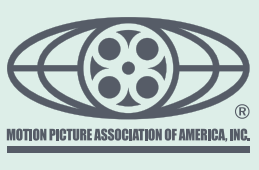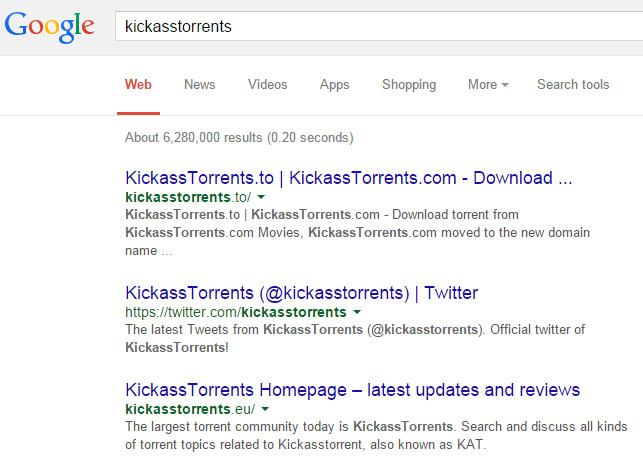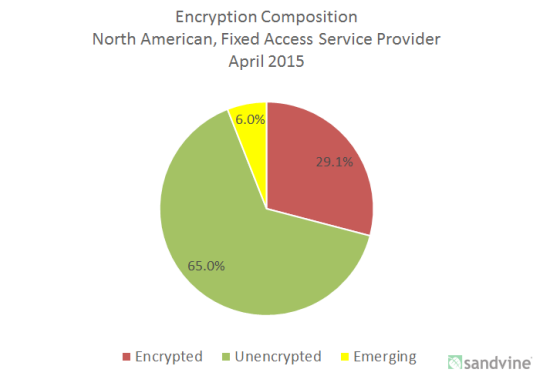MPAA Funds Pro-Copyright Scholars to Influence Politics
dimanche 3 mai 2015 à 19:15 Last year the MPAA started a new grants program inviting academics to pitch their research proposals.
Last year the MPAA started a new grants program inviting academics to pitch their research proposals.
Researchers are being offered a $20,000 grant for projects that address various piracy related topics, including the impact of copyright law and the effectiveness of notice and takedown regimes.
Last month marked the silent start of a new round of grant applications for the fall of 2015.
There’s no public announcement but MPAA boss Chris Dodd previously said there’s a need for better and unbiased copyright related research to find out how recent developments are affecting the film industry.
“We need more and better research regarding the evolving role of copyright in society. The academic community can provide unbiased observations, data analysis, historical context and important revelations about how these changes are impacting the film industry…,” Dodd noted.
While Dodd’s comments about unbiased research are admirable, there also appears to be a hidden agenda which until now hasn’t seen the light of day.
In an email leaked in the Sony hack MPAA General Counsel Steven Fabrizio explains to the member studios that they’re soliciting pro-copyright papers. The April 2014 email further reveals that the MPAA hopes to identify pro-copyright scholars who can be used to influence future copyright policies.
“As you know, as one component of our Academic Outreach program, the MPAA is launching a global research grant program both to solicit pro-copyright academic research papers and to identify pro-copyright scholars who we can cultivate for further public advocacy,” Fabrizio writes.
Needless to say, soliciting pro-copyright papers and spotting pro-copyright scholars for public advocacy doesn’t sound very unbiased.
Perhaps for this reason the MPAA has decided not to publicize the initiative too much. There was no press release on the official site regarding the grants and it’s also unknown which scholars received last year’s grants.
While $20,000 is relatively modest, the MPAA is also funding scholars outside of the grant program with much more. Last November we revealed that the MPAA had donated over a million dollars to Carnegie Mellon University in support of its piracy research program.
Thus far the Carnegie Mellon team has published a few papers. Among other things the researchers found that the Megaupload shutdown worked, that piracy mostly hurts revenues, and that censoring search engine results can diminish piracy.
As expected, these results are now used by the MPAA as a lobbying tool to sway politicians and influence public policy.
Source: TorrentFreak, for the latest info on copyright, file-sharing, torrent sites and anonymous VPN services.
 While it’s not entirely clear when the theory first appeared, the notion that cutting the head off one file-sharing site results in the creation of several others has been in circulation for many years.
While it’s not entirely clear when the theory first appeared, the notion that cutting the head off one file-sharing site results in the creation of several others has been in circulation for many years.
 There are many ways copyright holders approach today’s “online piracy problem.”
There are many ways copyright holders approach today’s “online piracy problem.” How much does it cost to enjoy a reasonable standard of living in the modern world? A couple of thousand dollars a month? Three thousand? Four?
How much does it cost to enjoy a reasonable standard of living in the modern world? A couple of thousand dollars a month? Three thousand? Four? In recent years it has become apparent that BitTorrent users are increasingly
In recent years it has become apparent that BitTorrent users are increasingly 
